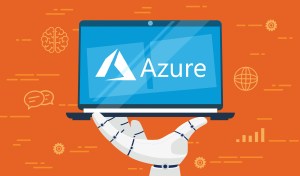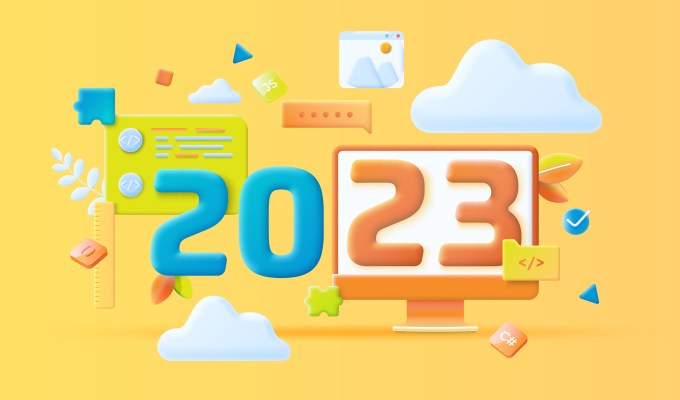Microsoft Integrates AI Services into Azure and Bing
OpenAI’s success with ChatGPT is well documented by now, and almost everyone has experimented with its capabilities on some level. Some academics have even tried it out on their exams, and found that the AI tool could pass an MBA exam from an Ivy League university, which is perhaps why Microsoft invested a significant amount of money into the start up.
While Microsoft was an early investor in OpenAI, its new investment would add a significant amount of equity to its share of the company and its underlying technology. With that in mind, Microsoft has recently announced that it will be integrating OpenAI services into Azure (and ultimately Microsoft 365 and Bing) with an eye towards providing a more robust service to its customers.
How OpenAI’s Services Will Benefit Azure Customers
OpenAI’s ChatGPT (GPT standing for “Generative Pretrained Transformer”) has been recognized as a revolutionary advance in artificial intelligence with the potential to disrupt industries and tasks that were previously considered too complex to be done by anything other than a human. Education, journalism, research, and even software development will be changed irrevocably by the mass adoption of tools like OpenAI’s because its Large Language Model has the ability to generate everything from passable academic essays to functional code.
The ability to produce code will be of particular value to Azure customers who are looking for a low code/no code solution. Microsoft has been a leader in the low code/no code space, and Azure and PowerApps in particular enables individuals and companies to develop software tools with less technical expertise and management than they would have creating a piece of software from scratch. By adding in OpenAI’s services, Microsoft is laying the foundations for a tool that could truly enable business users to bridge gaps in a software environment where they would previously be reliant on a developer.
In addition to integrating ChatGPT’s software into the Azure platform, Microsoft announced on February 7th that it is integrating the technology into Microsoft’s Bing search engine and Edge browser. This new integration will enable users to engage in a chat function which can answer questions with context and help with guiding research efforts by summarizing relevant web content.
There are also plans to integrate these AI capabilities into GitHub Copilot – a service that can scan committed custom code and suggest better practices and mitigations for possible performance and security issues. Even Power BI, Microsoft’s leading data analytics and presentation platform, is slated to receive advanced natural language capabilities for not only end-user queries but also suggestions for developers looking for the right statements to return the greatest data insights.
What About ChatGPT’s Limitations?
It’s well documented that ChatGPT has some bugs that OpenAI has been attempting to work on, including providing false information or content that could be used for malicious purposes. Microsoft has dabbled with AI in the past, and with its recent investment into OpenAI’s services, it plans to work with the team to develop guardrails around its use cases in accordance with its Responsible AI principles.
For use in Azure, Microsoft is requiring developers to apply for access to the OpenAI tools, with each application requiring the developer to describe the use case they plan to apply the AI tools to. Further, Microsoft is implementing robust filters in its Azure environment that would detect abusive, hateful, or offensive content that would result in repercussions for the developer if a potential violation is confirmed.
Conclusion
Microsoft’s investment in AI tools, like those created by OpenAI, represents a new era in computing. As one of the largest providers of business software tools, Microsoft is setting the stage for a widespread adoption of artificial intelligence, which can lead to significant boosts in productivity for organizations across industries.
While there are still areas of improvement in the realm of AI, Microsoft is making strides in becoming a responsible leader in the industry as they seek to integrate it into existing business solutions.


